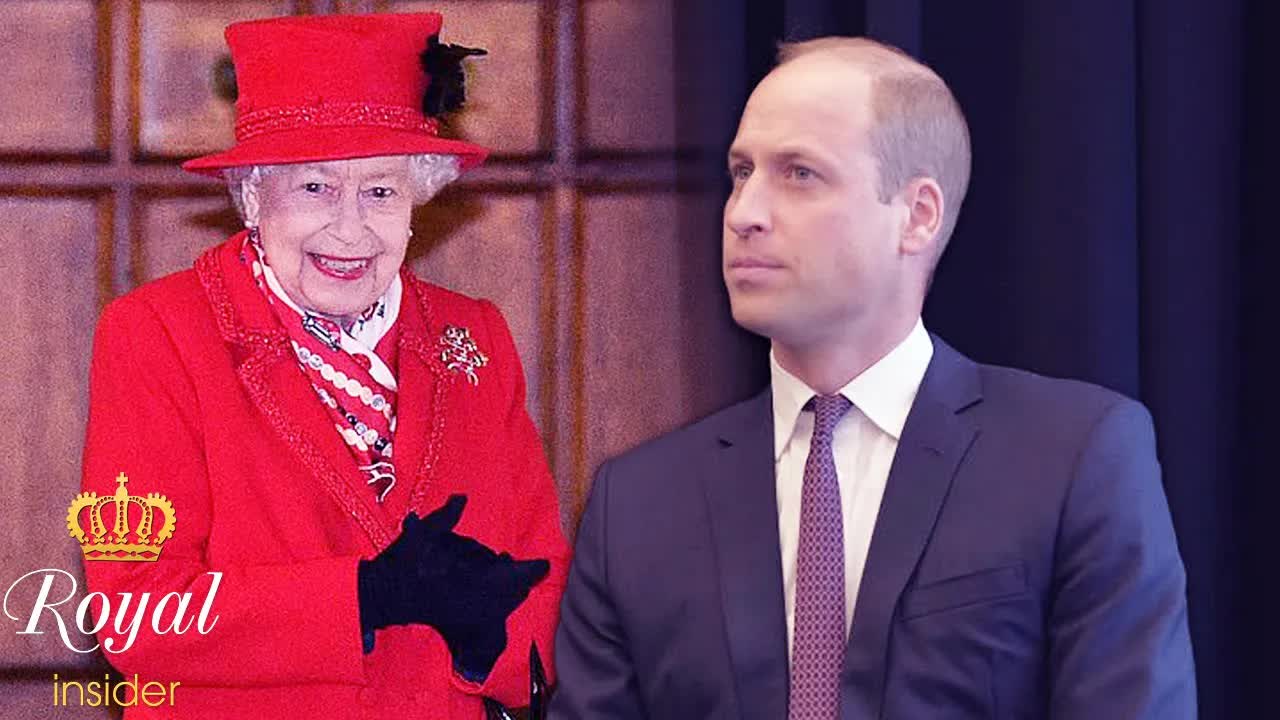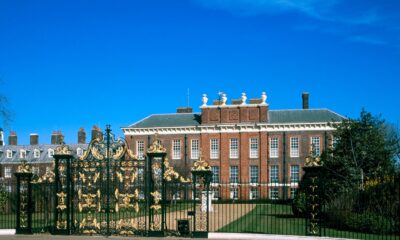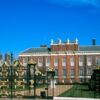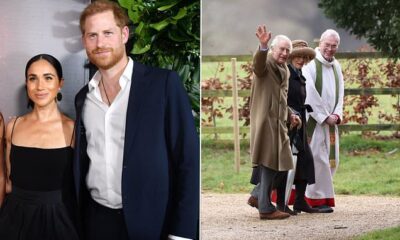The News
**Prince William Appointed Lord High Commissioner to the General Assembly of the Church of Scotland**
Prince William, third in line to the throne, has been bestowed with a new prestigious title as Lord High Commissioner to the General Assembly of the Church of Scotland for the year 2021.
The announcement of this significant appointment was made by Her Majesty on Monday.
This marks the second time that the Duke of Cambridge has been entrusted with this role.
He was initially appointed as the Sovereign's Representative in 2020; however, due to the global pandemic, the week-long Annual General Assembly scheduled in Edinburgh last May had to be canceled.
The position of Lord High Commissioner is an annual appointment made by the Queen, with the responsibility lasting for a duration of 12 months.
While traditionally reserved for Scottish individuals, members of the Royal Family have previously held this distinguished title, including Princess Anne, Prince Andrew, Prince Charles, and Prince Edward.
Prince William now succeeds Scottish aristocrat Richard Scott, the 10th Duke of Bucklew and 12th Duke of Queensberry.
In his new capacity, Prince William will journey to Scotland in May to preside over the online event in person as one of the Principal Officers at the General Assembly Hall in Edinburgh.
The commission granted by the Queen specifically pertains to Scotland, necessitating the physical presence of the Lord High Commissioner in the country to fulfill the duties.
Referred to as the Earl of Strathran in Scotland, Prince William will deliver both the opening and closing addresses at the Assembly, in addition to executing various official functions as the Lord High Commissioner, while also providing updates to the Queen on the proceedings.
According to the Royal Family's official website, the role of the Lord High Commissioner is to uphold the relationship between the State and the Church, a practice dating back to the late 16th century.
The Lord High Commissioner delivers speeches at the commencement and conclusion of the General Assembly and reports back to Her Majesty on the assembly's activities.
During the Assembly period, the Sovereign grants the Lord High Commissioner the privilege of residing at the Palace of Holyrood House, where they receive ceremonial honors such as a Guard of Honour, a 21-gun salute, and the keys to the City of Edinburgh.
It is customary for the Lord High Commissioner to extend invitations to distinguished guests to stay at the Palace, offering hospitality to the Assembly commissioners and individuals who have made significant contributions to public life in Scotland.
Prince William and his wife Catherine are recognized as the Earl and Countess of Strathran in Scotland.
Notably, the Church of Scotland, a Presbyterian denomination, acknowledges only Jesus Christ as the King and Head of the Church.
Consequently, when attending Church services in Scotland, the Queen assumes the role of an ordinary member, rather than the Supreme Governor of the Church of Scotland.
The appointment of Prince William to this esteemed position was made following recommendations from Prime Minister Boris Johnson and First Minister Nicola Sturgeon.
This development comes at a crucial juncture for the Union, coinciding with the Scottish Government's release of draft legislation today regarding a potential second independence referendum.
The Scottish National Party, led by Ms. Sturgeon, intends to introduce the Bill if it secures a majority in the upcoming May elections.
The proposed Bill mirrors the questions posed in 2014, where the Scottish populace opted to support the Union, without specifying a date for the referendum.
Despite calls from the Scottish National Party, the UK Government has thus far rejected the notion of a new vote on Scotland's independence.


















































































